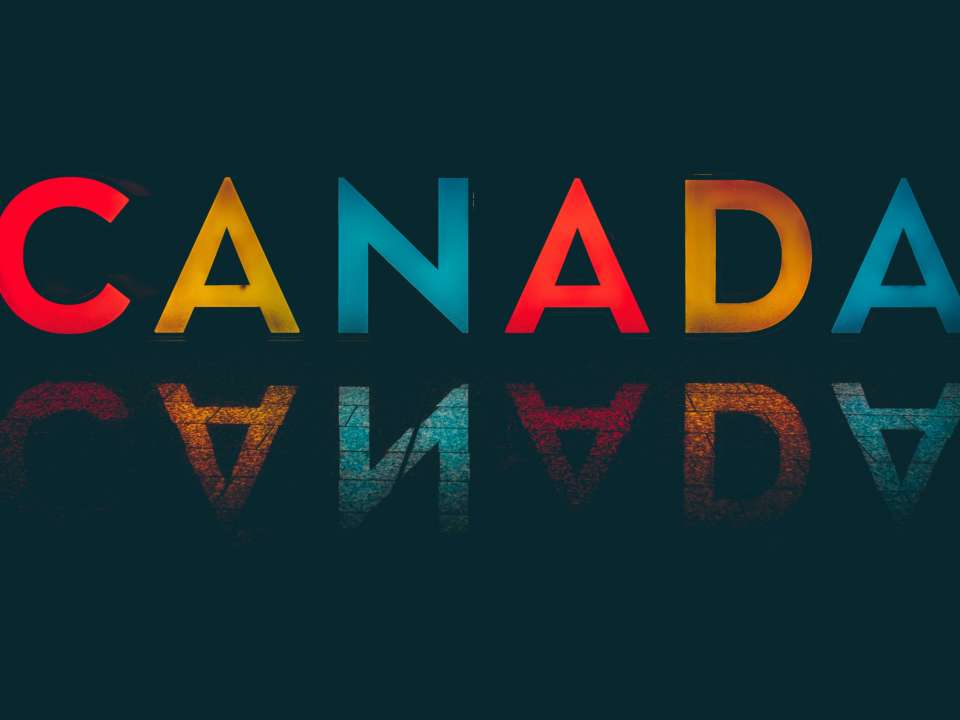
The process of studying in Canada: what you need to know
2022-02-17CAQ for studies: how to respond to an intention to refuse notice
2023-03-24The Québec Experience Program (Programme de l’expérience québécoise – PEQ) is a program for international students and foreign workers in Québec to obtain permanent residency in Québec. It has two streams: the Temporary Foreign Workers stream and the Québec Graduates stream.
Both streams are great ways to obtain permanent residency in Québec, as they don’t require obtaining a job offer validation.
In this blog post, I will focus on the Graduates stream, outline the program requirements and break down the process of obtaining a CSQ under this stream.
Québec Experience Program – Graduates stream requirements
In order to be eligible under the Québec Graduates streams of the Québec Experience Program, you must:
- Have completed an eligible program of study in Québec (more details below);
- Have respected the conditions of your stay as a student in Québec;
- Have sufficient work experience following the completion of your studies in Québec (more details below);
- Have a valid work permit or work authorization (maintained status);
- Be working full-time in Québec at the time of the application;
- Be at least 18 years old;
- Intend to work and settle in Québec;
- Have sufficient knowledge of French (score at least B2 in the TEF or TCF, or having previously studied in French);
- Have sufficient knowledge of Québec’s values.
Furthermore, if you are married or in a common-law relationship, your spouse or common-law partner must also have sufficient knowledge of French (level 4, which is equivalent to scoring A2 in the TEF or TCF).
I will provide below additional details on the program requirements.
Eligible Programs of Study for Québec Experience Program – Graduates stream
It is important to know that not all programs are eligible under the Québec graduates stream.
The eligible programs are:
- Diploma of vocational studies (DVS) of at least 1,800 hours of study
- Diploma of vocational studies (DVS) followed by an Attestation of vocational specialization (AVS) of at least 1,800 hours of study
- Diploma of college studies, technical training (DCS)
- Bachelor’s degree
- Master’s degree
- Ph.D.
No other programs are eligible to the Québec graduates stream. For instance, the Attestation of college studies (ACS), Specialized graduate diplomas, High school diploma, Short graduate programs (microprogrammes de 2e cycle) and Postdoctoral studies are not eligible for the Québec graduates stream.
Diploma of vocational studies (DVS) for which an Attestation of vocational specialization (AVS) is available
In order for an AVS program to be combined with a DVS, the AVS program must be a continuing education leading to a given trade.
For example, if you take a DVS in Secretarial studies, which is 1,485 hours, you can take an AVS in Legal Secretarial Studies, which is 450 hours, and the total will be 1,935 hours.
Be mindful that not all DVS programs have a specialization. For example, the DVS in Dental assistance, which is 1,500 hours, don’t have any specialization. You can’t take an ASP in Legal Secretarial Studies for example to make up the missing hours.
Attestation of college studies (ACS)
ACS diplomas are not eligible under the Québec graduates tream.
If you have completed an ACS, you can still qualify under the Temporary Foreign Worker stream, in which case you will have to accumulate 2 years of full-time work experience, instead of the 1 year under the Québec Graduates stream. You can also evaluate your eligibility under the Québec Regular Skilled Worker program.
Work Experience Requirements for Québec Experience Program – Graduates stream
If you have obtained one of the eligible diplomas, you still need to obtain sufficient work experience following the completion of your program.
This factor is often the most overlooked by applicants and can lead to refusals. I will outline the work experience requirements below and some useful information.
If you have completed a Diploma of college studies, technical training (DCS), a Bachelor’s degree, Master’s degree or Ph.D., you must obtain at least 12 months of work experience that meets all the following conditions:
- Full-time (at least 30 hours per week)
- In a NOC level 0, A or B profession
If you have completed a Diploma of vocational studies (DVS), along with an Attestation of vocational specialization (AVS) or not, you must obtain at least 18 months of work experience that meets all the following conditions:
- Full-time (at least 30 hours per week)
- In a NOC level 0, A, B or C profession
- If your position is of NOC level C, you must also occupy an occupation that is related to your studies in Québec
Important to know:
- Full-time work experience means that you must have worked at least 30 hours per week;
- You cannot average your hours. If you have worked 20 hours one week and 40 hours the week after, you have only acquired one week of full-time work experience;
- You can count discontinuous work experiences. If you have worked 4 months full-time, took a break of 2 months, and resumed work for 8 months, you will have accumulated 12 months of work experience;
- You can count the weeks. 1 year is equivalent to 52 weeks. If you have an irregular schedule or had frequent time off from work, you can count all the weeks where you have worked more than 30 hours per week;
- You should present your situation correctly. If you have taken 2 months off during a 1 year period and your employer omitted to mention it on your work attestation, you should not count this work experience in your application.
The minimum proofs required are a work attestation attesting the duration of your work experience, hours worked and duties performed, and three paychecks covering the beginning, middle and most recent pay periods.
However, the MIFI can require additional proofs and often do when it’s not clear how long you have worked. For instance, you can be asked to provide all the paychecks covering your work experience and not only three, or tax documents covering the year worked. It is important to evaluate your work experiences correctly before submitting your application.
Knowledge of French
In order to qualify under the Québec Experience Program, you must demonstrate a high intermediary level of French. You can do so by:
- Completing your program of study entirely in French
- Obtaining level B2 in speaking and listening in a recognized French test (TEFaQ, TCFQ, for example)
Your spouse must also demonstrate their knowledge of French. However, in that case, their minimum level required is level 4 (equivalent of A2).
Québec values
Another point to note is that you must demonstrate knowledge of the Québec values. You can do so by either passing a values test after you submit your CSQ application (you will need to wait for an invitation). You can also assist to an Objectif Intégration session (which lasts 24 hours over a week), prior to submitting your application and you can include it with your application.
If you have plenty of time before submitting your application, you can assist to the Objectif Intégration sessions. Otherwise, the Québec values test is fairly simple and there is no problem passing it after submitting your application.
How to prepare and submit the application
Once you have verified you satisfy to all the program requirements, you can then prepare and submit your application.
Assemble documents
The first step is to gather all the required documents required for an application under the Québec Experience Program – Graduates stream. You will need to present the following documents:
- Completed and signed application form (A-0520-GF)
- Your passport (and those of your spouse and children, if any)
- Proof of studies (diploma and transcripts)
- Proof of work experience (work attestation letter and paychecks)
- Proof of status in Québec (all permits issued by the MIFI and IRCC)
- Proof of knowledge of French
- Marriage certificate, if applicable
- Birth certificate of your dependent children, if applicable
- Proof that you have assisted to the Objectif Intégration session, if applicable
- All other documents required in the official documents checklist
Every application is different and it is important to make sure that you present all documents required by the official documents checklist.
Since the application is sent online, all documents must be scanned in colour and in high resolution, if they are not available in an electronic format originally. The application form must also be signed by hand and scanned.
Submit the application on Arrima
After you have prepared all the documents, you can submit your application on Arrima and pay the fees there. Should the application be approved or if there are other documents required, you will receive a notification directly from your account.
After you receive your CSQ
Receiving a CSQ doesn’t grant you permanent residency automatically and you’ll still have to send a permanent residence application to IRCC. IRCC will evaluate if you have any inadmissibility issues, such as criminality and medical inadmissibility.
With a CSQ, you will also be able to extend your work permit in Canada. It is important to always extend your temporary status in Canada until you obtain permanent residency. You will be able to apply for either a closed work permit (LMIA exemption A75) or a bridging open work permit.
If you have any questions regarding your application or if you need assistance in preparing it, don’t hesitate to contact me.
Disclaimer : The content of this blog is not legal advice and and may not be accurate or complete. If you require legal advice, contact a licensed legal practitioner directly.



